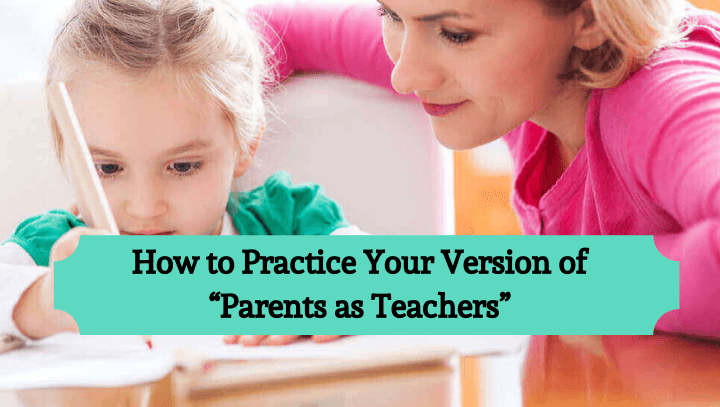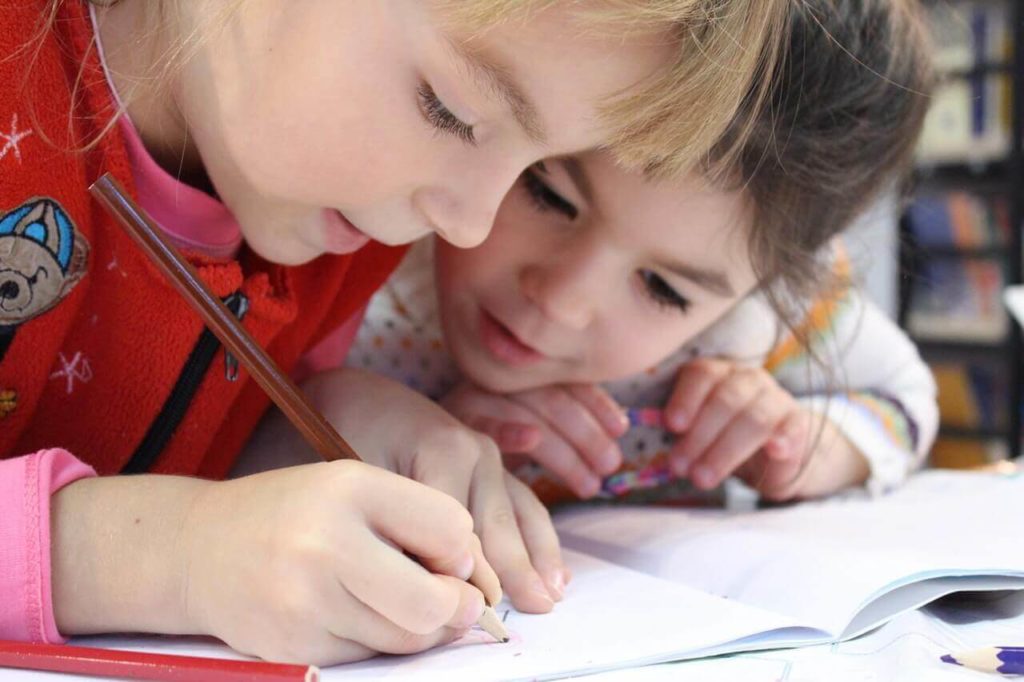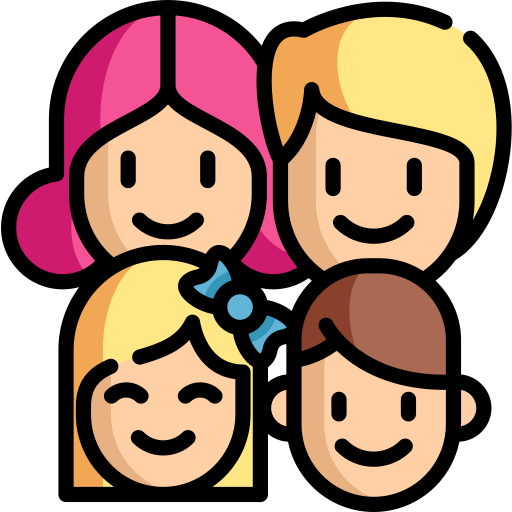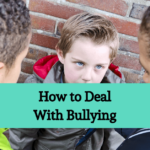“Parents as Teachers” is a non-profit organization that provides parent education for all stages of early childhood development. They educate parents in a variety of ways, including home visits and groups meetings.
Ultimately, it is up to the parents to put this information into action. If you are interested in facilitating your own child’s optimum growth, there are practices that you can do to encourage your child at every stage of development.
As a parent, you are in charge of the majority of information and experiences that make it to your child, particularly in the early years. Innately, parents are their children’s first teachers. Infant brains are like a sponge, learning new things constantly.
Parents teach their children passively when they smile or speak their native tongue around their children. Teaching becomes more interactive when approaching emotional and social skills or colors, numbers, and songs
Positive experiences in the early years have a great impact on the ability of the child to learn and function well in the future. It is all about setting up an environment for success.
If you are trying to take a more active approach in teaching specific, developmentally appropriate skills, consider the activities below to build your own version of Parents as Teachers Program.
Babies (Birth to 1 year)
This is an explosive time for development. Not only is the body growing rapidly, but a baby’s brain is constantly soaking up input from their surroundings and using all of their senses to learn.
Sign language: You can utilize baby sign language to facilitate your communication with your child before they can even talk. This encourages language development, memory, gross motor movement, and dexterity.
Multiple Spoken Languages: If either parent speaks a second language, have them speak in their native language around the baby as much as possible. Infants are able to distinguish between dialects early on and will have a much easier time learning both languages as they grow.
Talk Through Your Day: It may seem silly but saying exactly what you are doing while changing their diaper or doing the laundry can help your baby acquire a larger vocabulary later in life.
Music: A great way to engage your baby’s learning is through music. It can help with cognitive development, memory and understanding speech sounds.
Reading: Reading is a wonderful way to connect with your child. In addition, your child can learn more language and problem-solving skills as well as expand their imagination and creativity.
Pointing Out New Things: As you move throughout your day, if you see a dog, point and say, “Dog. That’s a dog. Woof-woof. Dog”, for example. You can use also use this for colors or numbers. It is a great way for young children to learn through experience.
Pediatricians: They are a great resource for all things related to your infant’s development. Make sure you attend all of your baby’s regularly scheduled check-ups and ask questions about anything you are unsure of.
Toddlers (1 year – 3 years)
The toddler years bring new obstacles. Children learn to walk and start to talk. They also start to push boundaries. With all of these ongoing developments, coupled with not always being able to communicate effectively, it’s no wonder toddlers can often feel overwhelmed.
Story times: If your local library offers story times, consider stopping by. This is a great way for toddlers to hear a story, but also for them to start learning about listening to simple directions and following the teacher.
Texture: Toddlers love to feel with their hands. Using various textures is a great way to stimulate the “touch” sense. There are a variety of sensory activities to use such as a sandbox with small (but age appropriate) toys or finger painting.
Dance: Little kids love to move. Dancing is a great way to enjoy music while practicing coordination and rhythm.
Learning emotions: New emotions play a big role in the life of toddlers. Try to start talking about emotions and mimic them (happy face, sad face, mad face, etc.) with your child. This will help them start to understand what they are feeling and eventually be able to talk about them better with you.
Taking turns/sharing: It is necessary to start practicing social norms, such as sharing. Try encouraging your little one to “take turns” with something. Let them have a turn, then let someone else (yourself for example) use it, and then return it to your child.
Kindness/Empathy: Being a good personal usually means showing kindness and empathy towards others. The best way to start teaching this is to model the behavior for your child. Use events that occur to specifically point them out to your toddler and ask them “how they would feel” if it were them in a particular situation.
Pre-school (3 years – 5 years)
Playgrounds: Getting your preschooler out to the playground is fantastic. Moving their bodies helps them sit still and focus later by letting them burn off some energy. In addition, running and climbing are excellent ways to practice balance and coordination. If there are other kids around, it’s also a great way to let your child practice social skills (waiting their turn, playing a game with other kids, etc.)
Consider a class or sport: Learning a new sport takes patience and (often) working with others. It’s also another way to get your little one moving and playing.
Toys that Stimulate Learning: These don’t need to be expensive, think about sorting colors or shapes, practicing letters in a fun way or building with Legos. While there are some benefits to electronics that teach kids, try to limit the screen time and instead, get them moving.
Elementary School
Homeschool: You could literally be your child’s teacher and homeschool them. This is a BIG commitment and you will need to find out the necessary process for your specific state. That being said, you won’t have to adhere to the same standard curriculum. Homeschooling allows for more flexibility and catering to your child’s needs and interests.
Learning Trips: These can be like field trips, but for the family. Exploring a museum together and learning something new can be a great bonding experience. Kids are also more likely to truly learn something when they are having fun.
For a child of any age, parents need to be sure they are getting enough rest and eating healthily in order to perform their best. Be sure to stay in-tune with your child and try not to overdo it with the structured activities as this can lead to burn out or over-stimulation.
It’s essential to make sure your child is getting unstructured play time every day; so that they are able to explore and use the new skills they are learning in ways that work best for them. Becoming your own version of “Parents as Teachers” is easy and will give your little one the best start possible when it comes to learning.












0 Comments